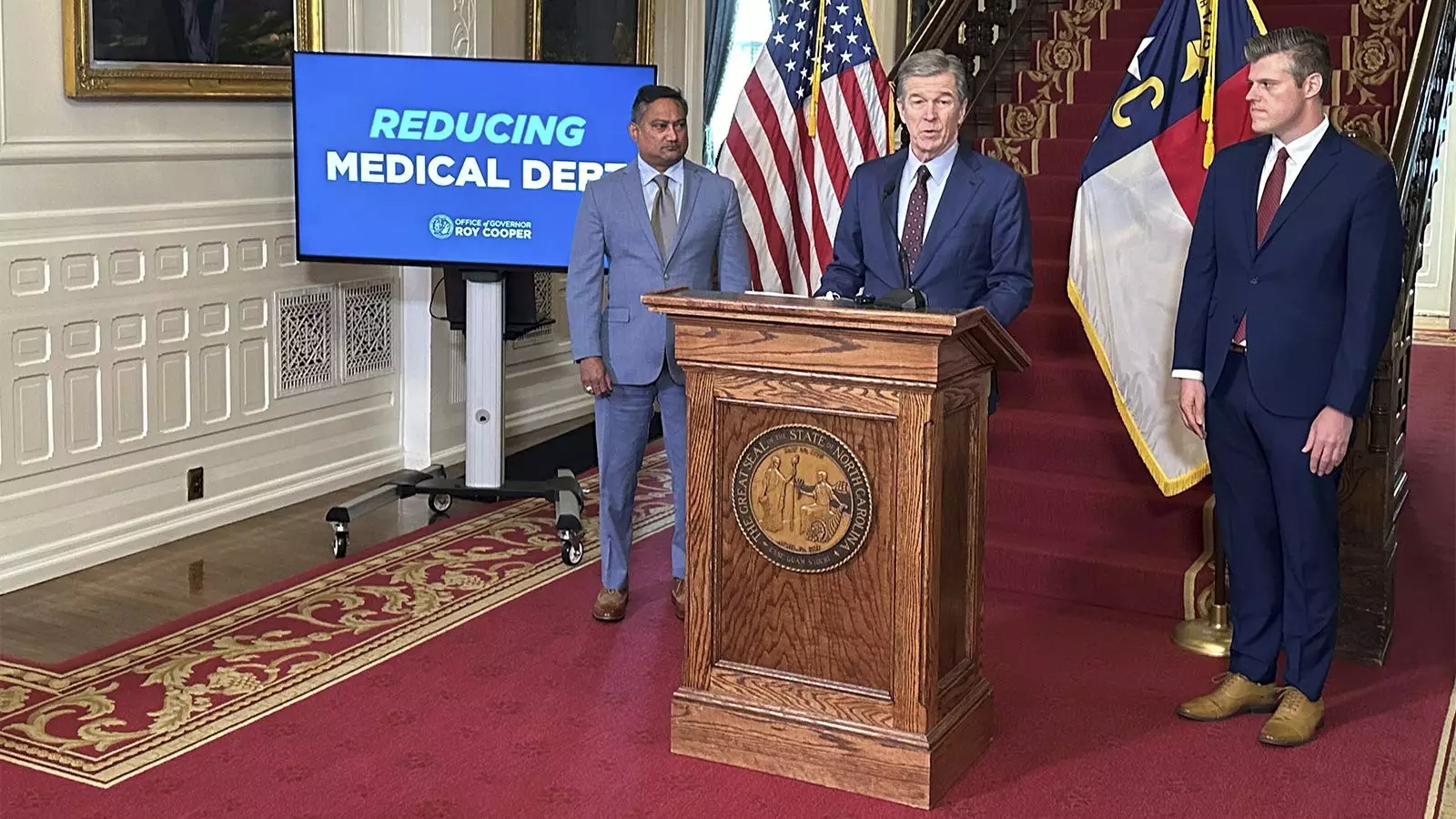The recent approval by the Centers for Medicare & Medicaid Services (CMS) of North Carolina Governor Roy Cooper’s proposed plan to incentivize hospitals in the state to eliminate patients’ medical debt marks a significant step towards improving healthcare accessibility. This initiative, developed by the state Department of Health and Human Services (DHHS), aims to provide financial relief to low- and middle-income individuals while also encouraging hospitals to implement policies that prevent future debt accrual.
Under the approved plan, hospitals designated as acute-care, rural, or university-connected in North Carolina will have the opportunity to receive enhanced Medicaid reimbursement payments through the Healthcare Access and Stabilization Program. These hospitals can qualify for higher reimbursement levels by agreeing to cancel patients’ medical debt dating back to early 2014 for current Medicaid enrollees and individuals below certain income thresholds. Additionally, participating hospitals must offer significant discounts on medical bills to low- and middle-income patients, enroll individuals in charity care programs, and refrain from selling debt to collectors.
Implementation and Impact
The DHHS will now begin the process of implementing this innovative program, which is estimated to benefit around 2 million low- and middle-income residents in the state by alleviating a total of $4 billion in medical debt. By capping interest rates on medical debt and requiring hospitals to take proactive measures to assist patients in financial need, the program aims to address the root causes of healthcare affordability issues and promote the overall well-being of North Carolinians.
Reception and Future Prospects
While Governor Cooper and state health department leaders have expressed optimism regarding the program’s potential, there have been mixed reactions from hospitals in the state. Some have engaged positively with the initiative, offering suggestions on implementation, while others have raised concerns about its implications. The success and continuity of the program beyond the current administration will depend on the outcome of the upcoming gubernatorial election and ongoing support from stakeholders.
North Carolina’s debt relief program has garnered attention at the national level, with Vice President Kamala Harris commending the state’s efforts to address medical debt challenges. Alongside President Joe Biden, Harris has been involved in initiatives to forgive significant amounts of medical debt nationwide. While the focus has been on North Carolina’s unique approach, similar initiatives in other states have utilized federal funding to alleviate residents’ medical debt burdens.
North Carolina’s innovative strategy to incentivize hospitals to eliminate patients’ medical debt represents a promising step towards enhancing healthcare accessibility and affordability in the state. By combining financial incentives with proactive policies, the program has the potential to benefit millions of individuals and families while setting a precedent for addressing healthcare challenges nationwide. It is imperative that stakeholders collaborate and remain committed to the success of this initiative to ensure its long-term impact on the well-being of all North Carolinians.


Leave a Reply